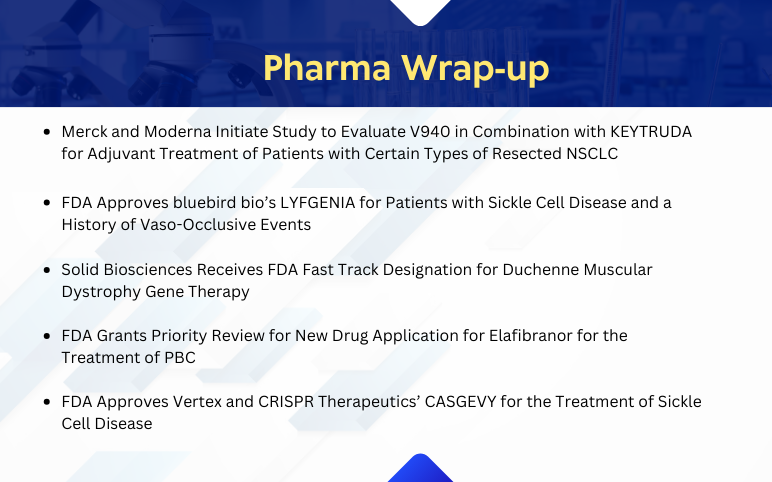The company now plans to modify the PHASE II clinical trial to evaluate two dose levels – 50ug, and 100 ug, and for Phase III trial, expected to be launched in July, company plans to dosage to be between 25 ug and 100 ug.
The US FDA has recommended the use of Quidel Corporation’s diagnostic system – Lyra Direct SARS-CoV-2 Assay.
The Lyra SARS-CoV-2 Assay is a real-time RT-PCR assay, designed to identify human coronavirus SARS-CoV-2 from viral RNA extracted from nasal, nasopharyngeal (N.P.) or oropharyngeal (O.P.) swab specimens from patients with signs and symptoms of COVID-19.
Quidel’s Lyra Direct SARS-CoV-2 Assay now is allowed for direct sample processing as it no longer requires up-front sample extraction. The assay uses a reformulated buffer that makes the detection of the viral RNA easier with a simple 10-minute heat step.
Neurotrope and Metuchen Pharmaceuticals have announced a merger to form an all-stock deal to form Petros Pharmaceuticals.
The newly formed Petros Pharmaceuticals will focus on men’s health conditions with Metuchen’s erectile dysfunction. The company has the drug Stendra as its lead product in its armamentarium.
Petros is fuelled by funding worth USD 20 Million from Neurotrope’s along with the revenue generated by the sales of Stendra, initially launched by Auxilium Pharmaceuticals. Last year, the drug managed to generate USD 30 Million.
Other products in the Petros’s pipeline will comprise in-licensed drug H-100 recently for Peyronie’s disease (P.D.) by Metuchen. It will also be tested for indications such as endothelial dysfunction, prostate cancer, psychosexual and psychosocial ailments, hormone health and substance use disorders.
Clovis Oncology has announced the US FDA approval for its PARP inhibitor, Rubraca (rucaparib) for a type of prostate cancer.
Rubraca is an inhibitor of poly ADP ribose polymerase, which is an enzyme commonly found in most cancerous cells. The drug is designed to inactivate the DNA repair pathway in cancerous cells, making it difficult for them to survive. With the approval from the FDA, the drug has become the first PARP-inhibitor in the Prostrate Cancer Market.
The decision to grant accelerated approval to Rubraca was based on the results of objective response rate (ORR) and duration of response (DOR) data from the Phase II TRITON2 clinical study and has been approved for the treatment of adult patients with a deleterious BRCA mutation (germline and/or somatic)-associated metastatic castration-resistant prostate cancer (mCRPC) who have been treated with androgen receptor-directed therapy and taxane-based chemotherapy.



